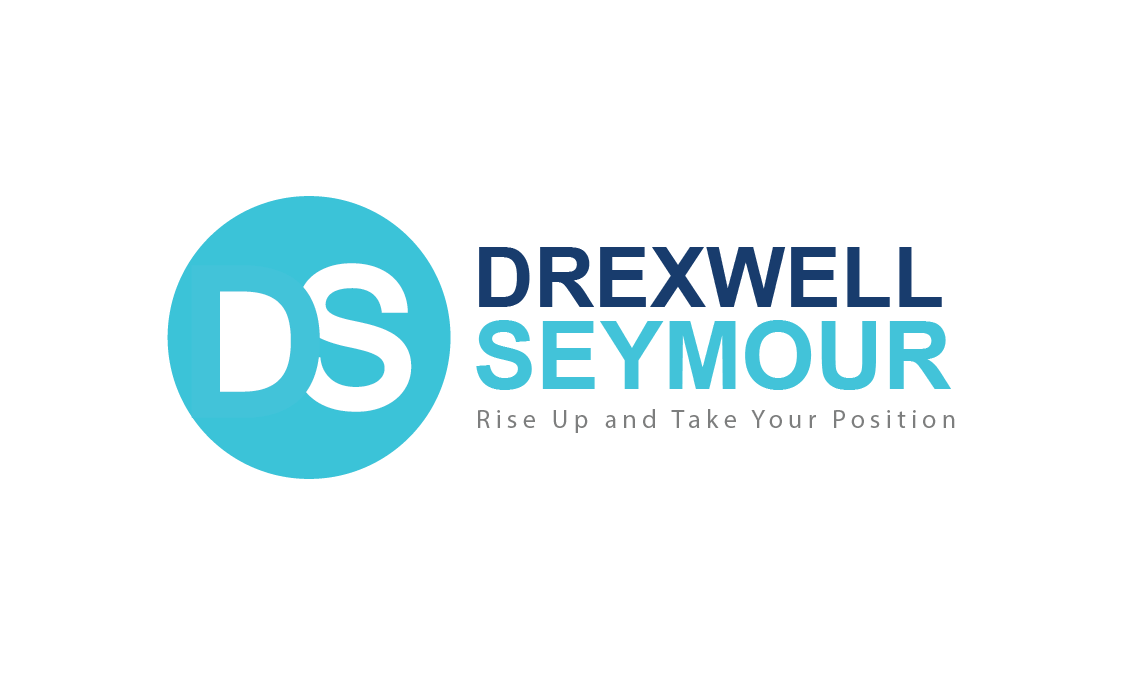What are the pros and cons of such taxes?
Introduction
In May 2022, I wrote an article entitled “A Broad-based consumption tax is not needed at this time.” I pointed out in that article the many other taxes we are paying such as duties, CPF, telecommunications, stamp duty, departure and other airport taxes, licence fees, annual fees to the FSC, business licences fees, accommodation taxes and national health.
I thought this idea of a broad based tax was squashed but the post-cabinet meeting statement dated July 30th references the CARTAC Technical Mission Report concerning the implementation of a broad-based tax in the Turks and Caicos. The government’s plans on this matter have not been specified. It was further stated that this is subject to further technical analysis and public consultation.
We should review our tax structure, but introducing a broad-based tax should come with reducing or eliminating some existing taxes.
This article examines the advantages and disadvantages of a broad-based tax.
What is a broad-based tax?
A broad-based tax is a tax that applies to goods, services, and income. Sales taxes, personal income taxes, corporate income taxes and VAT are examples of broad-based taxes.
The arguments for a broad-based tax
Since Turks and Caicos depends on tourism, which can be unpredictable, the Government needs a broad-based tax to stabilize revenue. In doing so, it can diversify the revenue of the Government and allows for better funding of our education, healthcare and infrastructure.
Another argument is that the revenue that is derived from duties and CPF are distortive and regressive. It is believed that a broad-based tax will be more modern.
A final argument is that a broad-based tax will be more equitable in that everyone will contribute to the tax structure rather than just a few people.
The arguments against a broad-based tax
Tourism has remained stable in recent years, so a broad-based tax is unnecessary. Moreover, since this volatile industry is our sole source of income, introducing a broad-based tax could be risky; if the industry fails, we won’t be able to pay such a tax.
Another argument against a broad-based tax is that the Turks and Caicos marketed itself as a low tax or tax neutral jurisdiction. We pay taxes, which brings us to the next point.
We have seen other countries in the Caribbean introduce VAT and quite frankly many residents are saying they are not seeing any positive impact.
Alternatives to a Broad-based tax
We pay taxes in various forms as stated in the introductory section of this article, but it is important to maximise revenue collection from the existing tax system by improving the compliance and closing some of the loopholes.
The Government also needs a thorough review of some of these statutory bodies who are collecting revenues from individuals and companies. They should minimise costs in these statutory bodies so more income goes to the Government.
Another alternative is for the Government to consider taxes on speculative property such as vacant and undeveloped land.
Conclusion
While I do think a review of our entire tax structure is needed, we need to make sure we intensify our compliance collections. If we struggle to manage current resources, introducing a broad-based tax will likely present similar collection challenges.
I encourage the Government during the consultation period to please listen to the people. Do not have your mind already made up to proceed with a broad-based tax.
